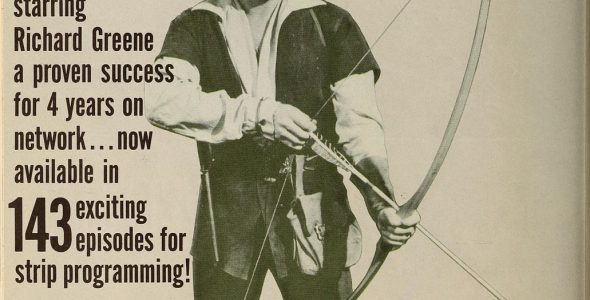Lewis v Avery [1971] 3 All ER 907 (also recorded as Lewis vs. Averay)
Lewis advertised his car for sale. A rogue responded to the advertisement, tested the car and said that he liked it. He called himself “Richard Greene” and made Lewis believe that he was a well-known film actor of that name (who played ‘Robin Hood’) in the 1950’s.
They agreed on a price and the rogue wrote out a cheque. However, as the rogue wished to take the car immediately, Lewis asked for proof of identity. The rogue produced a studio pass displaying the name “Richard Greene” and a photograph of the rogue.
This satisfied Lewis who released the car to him and handed over the keys and registration document. The cheque was not honoured.
In the meantime, the rogue had sold the car to Avery, an innocent purchaser who bought in good faith, with no knowledge of the deception. Lewis brought an action for the conversion of the car.
It was held by the Court of Appeal, distinguishing and doubting Ingram v Little, that:
(1) the fraud perpetrated by the rogue rendered the contract between Lewis and the rogue voidable and not void because
(a) where a transaction had taken place between a seller and a person physically present before him there was a presumption that the seller was dealing with that person even though, because of the latter’s fraud, the seller thought that he was dealing with another individual whom he believed to be the person physically present. In the present case there was nothing to rebut the presumption that Lewis was dealing with the person present before him, i.e. the rogue; and
(b) Lewis failed to show that, at the time of offering to sell his car to the rogue, he regarded his identity as a matter of vital importance. It was merely a mistake as to the attributes of the rogue, i.e. his creditworthiness.
(2) Accordingly, since Lewis had failed to avoid the contract before the rogue parted with the property in the car to Avery, the latter, having bought the car bona fide and without notice of the fraud, had acquired a good title thereto and the action failed.
Note: there has been other case law and consideration since the above. The principle is that even where the contract is not void, it may be voidable for fraudulent misrepresentation but if the goods which are the subject matter have passed to an innocent third party before the contract is avoided, that third party may acquire a good title. The main cases are as follows:
- Phillips v Brooks [1919] 2 KB 243
- Ingram v Little [1960] 3 All ER 332 (a controversial case)
- Lewis v Avery [1971] 3 All ER 907 – above
The exception to the above rule is that if a party intended to contract only with the person so identified, such a mistake will render the contract void:
- Lake v Simmons [1927] AC 487
A more recent case is:
- Citibank v Brown Shipley [1991] 2 All ER 690


